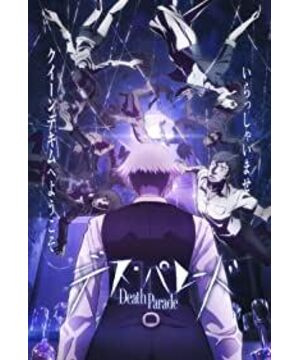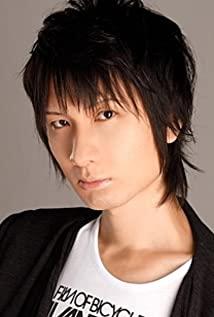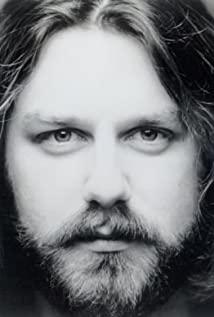Seriously, since watching the first episode of this animation, I can't understand what this so-called "trial of the soul" means. In the long history of mankind, so far there are too many historical figures whose merits and demerits are beyond our ability to judge. Those who have gained supreme power up to Wu Zetian have erected a wordless monument to themselves after their death. What can claim to be God's judgment on the souls of others? ! Obviously, I think this work has not reached the level of discussing the philosophical proposition of whether human nature is inherently good or inherently evil, not to mention that real life is often not black and white, and we often live in a wider gray area. Judging the right and wrong then depends on what position you stand on, what angle you are using, and even what values you use to judge.
Of course, there is a method in the story, that is, the soul that is inspired by the "dark side of human nature" in a limited time will turn into nothingness, otherwise it will be reincarnated (I don't know if I understand it wrong). Then in the next episode after episode, we gradually realized that this simple and crude standard was very biased, and many "good people" who were just a little excited on the spot were just turned into nothingness. Of course, at this time, not only the audience but also the "judges" in the story gradually felt that the problem was a bit serious. In order to make a more accurate judgment, it was necessary to add human feelings to the puppets, and they should have a better understanding of human beings or human nature. But does this really make more sense? Not long ago, at the anniversary of the 311 tsunami disaster in Japan, the speech of the little girl who gave up saving her mother attracted a lot of criticism. Many people accused her of being desperate for her mother. Let's not say whether she is powerless or not. If we make an extreme assumption, if the little girl's mother and a group of affected people are standing on a seesaw, they can only choose one side. If she saves her mother, she cannot save most people, and if she saves most people, she cannot save her own mother. If she gives up saving her mother and chooses to save most people at this time, does she make the right choice? Is it simply a great hero to be widely praised and praised? Maybe it is true in China. But what if there was a murderous terrorist in that group? What if saving him alone would lead to more deaths? So this is simply an unsolved proposition. From the perspective of Western values, I am afraid that the life of a group of people is more valuable than the life of one person, even the little girl who gave up saving her mother will not be condemned for saving herself first. So can we think that human nature under Eastern values is more glorious, while human nature under Western values is dark and selfish? Obviously not. So back to the story itself, even with human emotions to judge, it is actually a dilemma. In real life, we often only understand others from personal experience, and cannot be absolutely fair because we are not gods.
In this complex society, although people are born unequal, but under the "heel of God we are equal". Starting from the religious level, the protagonists in the story of the death march seem to be as high as God, judging the life and death of human beings at will. However, the people in that "other world" are also graded like human society, with high and low qualifications. Isn't this ironic? What kind of fair judgment can you expect from a "group of God" with a clear division of labor, mechanized organization, and organization? At least from the point of view of them looking down on humans, it's already unfair to humans, so I don't understand that anyone would like this setting. It is true that human beings will laugh when they think about God. Those judges coldly watch human beings tumble and struggle like worms, and then crush them, so easily, so quickly and so meaningless. Just like those things that are as heavy as a mountain in your heart are as light as a feather in the eyes of others, so what are you worried about? As I watched this story in front of the screen, my heart was already ashes, so what if I was reincarnated? In the end, don't you want to hand over your destiny to those puppets who don't understand shit?
So this work is actually quite dank. Only the story of the star-chasing girl in episode 6 is interesting. Her choice of self-sacrifice has made it impossible for the puppet judges to judge. That move seems to have transmitted positive energy to the popular idols~ The so-called "darkness of human nature" that is inspired is also very likely to be "brilliant of human nature", if this is the case, there is no way to judge and it can indeed be seen that this "God group" organization It's weak and has a lot of flaws, only "dampness" is sound = =
View more about Death Parade reviews











